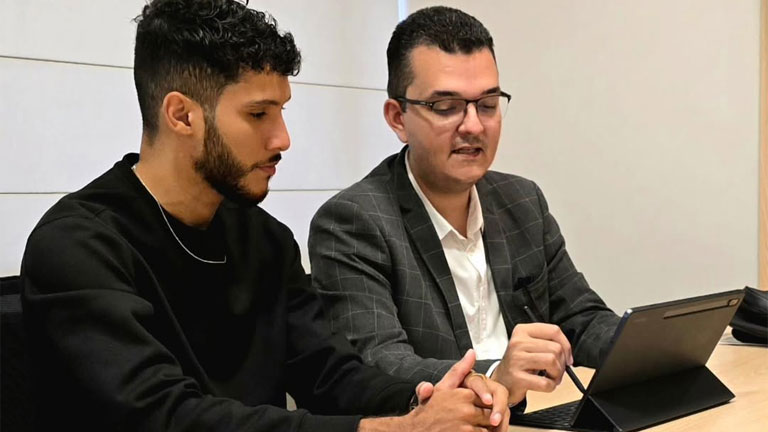
It is important to understand the complexity of an issue through identification and discussion. You may be wondering why a lawyer continues to represent their client despite recognizing their guilt. Recent statistics show that at the federal level, approximately 90% of cases involve the accused pleading guilty, and trials are very rare – a mere fraction of trials. This situation isn’t just a number, but rather reflects a part of our judicial process where the roles of lawyers, the accused, and the justice system become deeply and sensitively intertwined.
So let’s discuss the reasons behind defending criminals, even though lawyers know they are guilty
Legal Responsibility and Professional Principles
The primary and most obvious responsibility for any lawyer is their professional and constitutional duty. Bar associations and legal norms state that they are responsible for fully enforcing the rights of the defense. A lawyer’s job isn’t just to argue the evidence, but also to ensure that you receive fair and appropriate legal representation. Without this ethical and legal framework, a fair trial is impossible.
Your Rights: The Difference Between Charge and Guilt
The fundamental distinction in law is that accusation and guilt are two different things. You have been charged, and guilt must be proven in court. Lawyers work to preserve this distinction. Often, situations arise where evidence is unclear or witnesses’ statements change. In such circumstances, it is a lawyer’s job to defend your rights and ensure a fair sentencing process. This is why lawyers sometimes fight cases even when they internally admit fault.
Realities and Practical Reasons
Practical reasons also play a role for a lawyer. Trials often involve significant pressure on the evidence, the credibility of witnesses, or legal complexities that make a conviction unlikely. Your lawyer will challenge these issues and try to secure a fair outcome. Furthermore, in many cases, consent or plea bargaining options may require a lawyer to defend you even after you’ve pleaded guilty, so you can secure bail, reduce the severity of a sentence, or reduce the impact of a record.
Ethical Dilemmas and Personal Emotions
As humans, lawyers also face emotional dilemmas. It may be emotionally difficult for you to understand why a lawyer would defend someone you believe is wrong. However, many lawyers believe that every person deserves equal treatment before the law. Behind this professional belief lies a human compassion: a wrongful conviction can forever alter a person’s life, and a lawyer’s job is to minimize the risk of mistakes.
An example may help to illustrate this
Suppose there’s a theft case in a city, and there are some holes in the evidence. The witness has stated certain things, but they may change on the record. In your situation, the lawyer can examine the evidence, question witnesses, and raise procedural questions in court that could change the course of the case. Sometimes, the lawyer knows that a conviction is possible, but a lesser charge or a reduced sentence could improve your future. This strategy is often related to life’s major challenges, and lawyers take this into account.
Ultimate Objective: Justice and Protection
The lawyer’s ultimate goal is not only to save a person from punishment, but also to ensure justice. It is important for you to understand that the lawyer’s job is not only to win, but also to ensure that all parties have an equal opportunity in court. Sometimes, treatment, psychological support, or social reform are more appropriate solutions than punishment. Such proposals are often presented to the court by the lawyer.
The Pressures of Public Defense and Resource Lack
It is also important to understand that the heavy workload and limited resources in the public defense system often put pressure on lawyers. High caseloads, limited time, and limited investigative resources mean that it is difficult to fully examine every case. In this situation, a criminal defense attorney must adopt the best defense strategy possible with the available resources, even if it involves negotiating to reduce the risk of a guilty verdict. Recent studies have also expressed concern about these problems.
Your Perspective and Questions
As you think about this topic, ask yourself how you want justice to be. Do you want a harsh sentence, or should the circumstances be considered? A lawyer’s job is to make this argument for you. Their weapon is not just legal reasoning, but also an understanding of humanity and the complexities of the system.
Bottom line,
Ultimately, the reasons are often mixed: professional obligations, legal principles, practical strategies, resource limitations, and human dilemmas. You can make a more informed decision by understanding that when lawyers represent someone who is considered guilty, their goal is not just defense, but also to ensure comprehensive justice. If you ever want to discuss this topic in more depth, you can share your questions.


